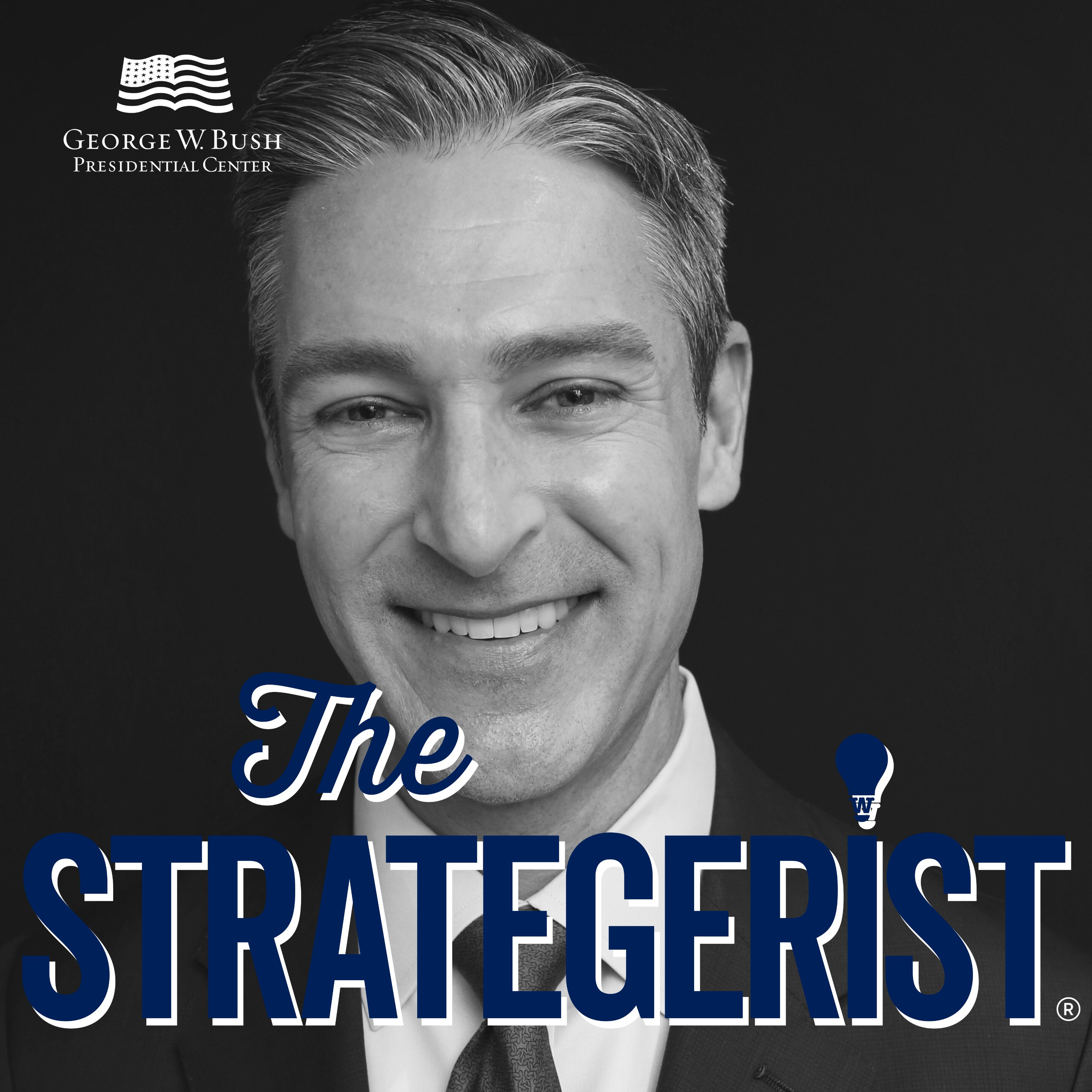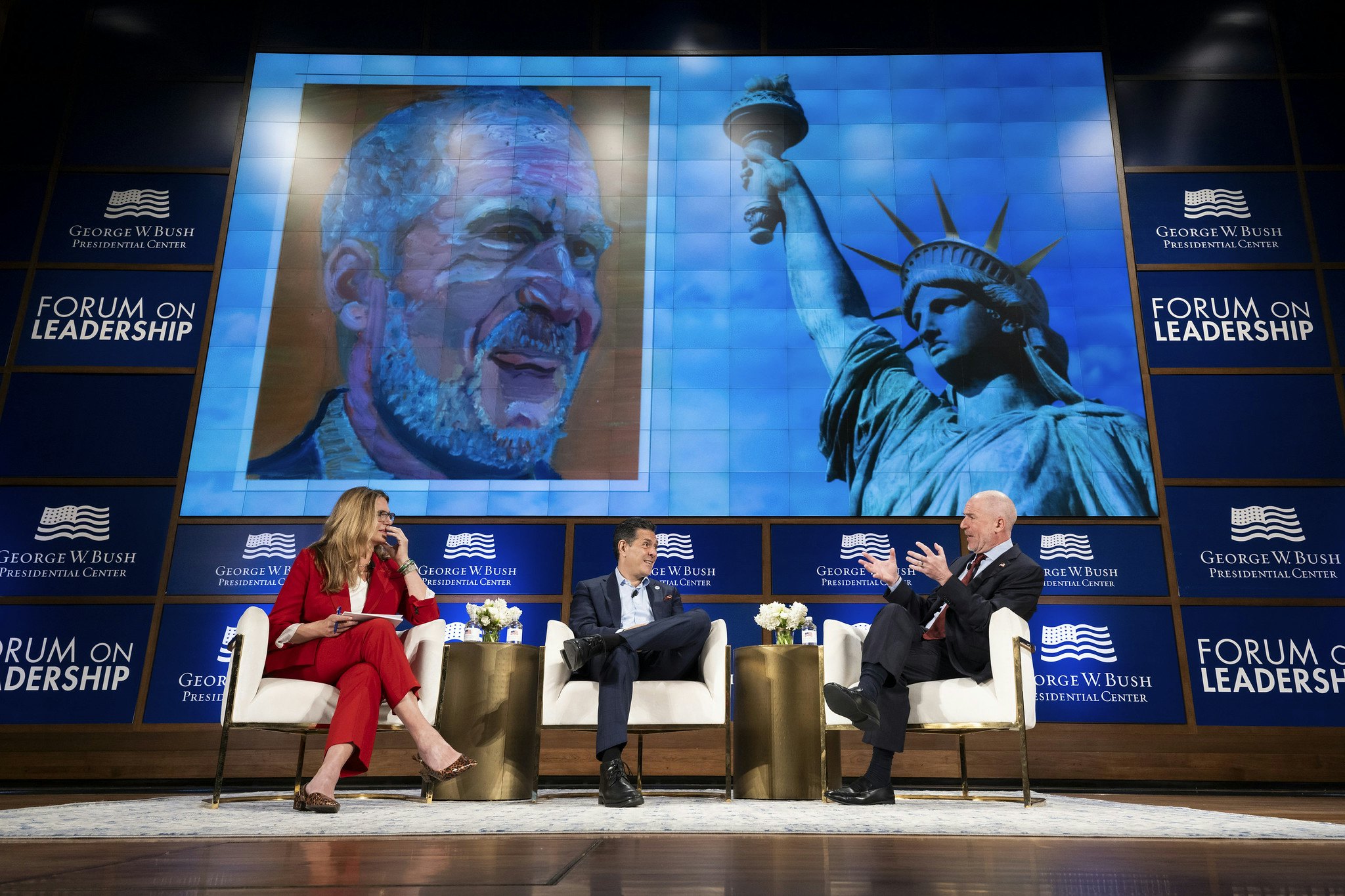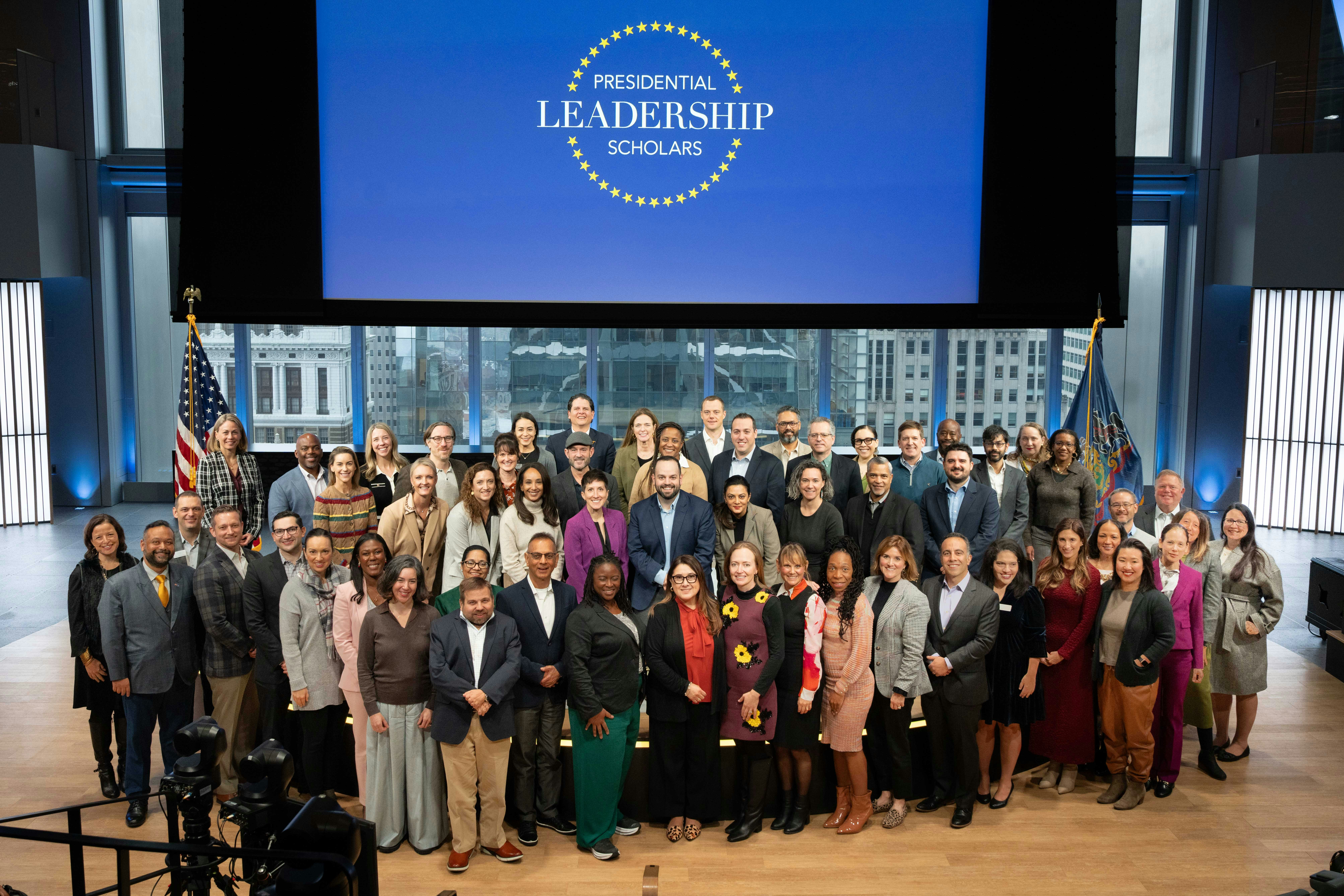Standing stronger with freedom advocates is both the right thing to do and the smart thing to do in confronting the greatest competitors to U.S. interests in the world today.
Research from The Democracy Project, a joint venture of the Bush Institute, Freedom House, and the Penn Biden Center, provides new insight into how Americans feel about one part of U.S. foreign policy: support for democracy and human rights abroad. In a national survey this spring, Americans overwhelmingly agreed that the United States has both strategic interests and a moral calling to support the oppressed.
To illustrate the point, here are three active fronts where standing stronger with freedom advocates is both the right thing to do and the smart thing to do in confronting the greatest competitors to U.S. interests in the world today. I suspect the American people would be supportive.
RUSSIA. Political rights and civil liberties are under assault in Russia. Torture, extrajudicial killings, and arbitrary arrests and detention are just some of the factors contributing to a “climate of impunity.” The consequences are especially harsh for anyone who challenges the regime. Here at home, Russian hacking into voting systems and its fomenting of political divides are serious threats to our democracy and security. The two are not unrelated.
It was Russian President Vladimir Putin who declared the collapse of the Soviet Union “the greatest geopolitical catastrophe” of the twentieth century. With a singular focus on restoring Russian power and influence, he and his cronies will try to crush anyone who gets in their way—from Russian political activists like Vladimir Kara-Murza and Alexei Navalny to, apparently, the American people. A strategy to contain Putin’s ambitions requires support for Russians who project a world view rooted in freedom.
NORTH KOREA. Denuclearization is on the table with North Korea once again, and Pyongyang asked for a lot just to get talks going: formally end the Korean War, halt military exercises with South Korea, ease economic sanctions, and the list goes on. Characteristically missing in the talks was North Korea’s monstrous human rights record.
Yet the connection between Pyongyang’s nuclear weapons program and human rights has never been clearer: slave labor earns hard currency that Pyongyang uses to fund its nukes. U.S. sanctions to deter the use of North Korean slave labor around the world are important; care and caution should be taken to avoid making them bargaining chips in any talks. And as we keep a close eye on North Korea’s failure to take necessary steps toward denuclearization, why not also ask for International Red Cross access to North Korea’s gulags to investigate the well-being of the tens of thousands of men, women, and children who languish in them?
CHINA. On July 10, two significant events occurred involving China. The first: the Trump administration threated to impose tariffs on another $200 billion in Chinese goods. The second: Liu Xia, wife of the late Nobel Peace Prize laureate and pro-democracy leader Liu Xiaobo, was released from house arrest. A coincidence of timing? Perhaps. But there’s an inseparable link between the economic and security interests of the United States and the absence of political freedom in China.
President Xi Jinping envisions a future in which China takes the “center of the world stage,” all along advancing authoritarian views and tendencies. Inside China, that view manifests itself in a society in which the Communist Party’s rule by fiat suppresses individual liberty and ingenuity. In China’s dealings with the United States, that view has taken root in an economic relationship in which American intellectual property has been stolen, technology forcibly transferred, personal data compromised, and limits on access to China’s markets imposed. A haphazard trade war is not the way to fix the imbalance. Formulating a strategy that allows the United States to engage productively with China while standing firm on our founding principles is a better place to start—both for the United States and for the people of China.



























